Article
What We Learned About Depression in 2015
Author(s):
The past 12 months have brought new insight to major depressive disorder which only brings hope to a better future.

The past 12 months have brought new insight to major depressive disorder which only brings hope to a better future.
During any two-week period, about 8% of Americans are suffering from depression, according to the Centers for Disease Control and Prevention (CDC). Major depressive disorder is not just a debilitating condition all of its own, but often time it’s accompanied by other symptoms that are linked to other illnesses.
Read on to catch up on the key depression findings over the past year, and stay up-to-date with the MD Magazine Major Depressive Disorder condition center.
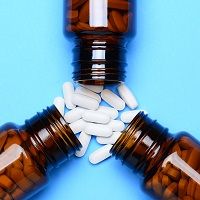
Opioid analgesics are often prescribed to patients who suffer from chronic lower back pain; however, a new report suggests that these medications are less effective in a subset of these patients.

Low vitamin D levels in otherwise healthy, young women may be linked to depression, according to findings published in Psychiatry Research.
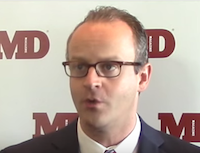
Michael Irwig, MD, from George Washington University, detailed why many male patients with low to moderate levels of testosterone are being diagnosed with depression more often these days at the Endocrine Society’s 97th Annual Meeting & Expo (ENDO 2015) in San Diego, California.

Bright light treatment alone or in combination with antidepressants are effective treatment options for patients with nonseasonal major depressive disorder, according to a study published in JAMA Psychology.
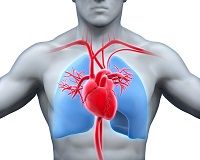
For heart failure patients, depression was linked to a fivefold increase in mortality risk in a study presented at Heart Failure 2015 earlier this year. Patients without depression had an 80% lower mortality risk.
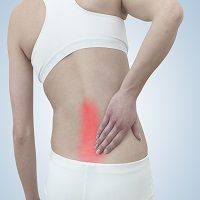
The connection between low back pain and depression has remained tenuous at best, but a new analysis has tied the two together.

Study results indicate that adding aripiprazole to the treatment of adults aged 60 and older who do not achieve remission from depression with a first-line antidepressant appears to effectively achieve and sustain remission.
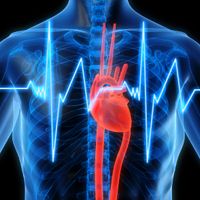
Depression over long periods of time may double the risk of stroke in adults, according to findings published in the Journal of the American Heart Association.

Chronically ill patients with major depression can benefit from religiously integrated cognitive behavioral therapy (RCBT) at least as much as conventional cognitive therapy (CCBT), according to a study published in the Journal of Alzheimer’s Disease.
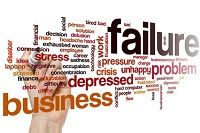
Employees with a case of the Mondays that lasts all week may not realize they could use professional help.
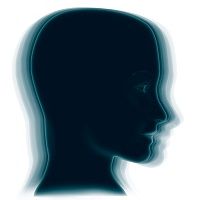
The effects of a cognitive-behavioral prevention program for depression appear to be maintained for more than six years among teens who are risk for developing depression and functional impairment.

A study in BMC Psychiatry suggests that treatment of major depressive disorder (MDD) might benefit from considering the condition as a “nonlinear dynamic phenomenon with two discrete states.”
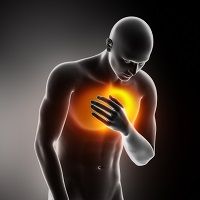
Even in the absence of coronary artery disease, patients with depression appear to experience more frequent chest pain than patients without depression, according to a presentation at the European Society of Cardiology 2015 Congress (ESC 2015) in London, England.

Abuse early in life is among the many factors definitively linked with depression later in life. But a study in BMC Psychiatry is among the first to report a relationship between childhood abuse, personality, adulthood life stresses and the severity of depression in depressed patients.

Karim A. El-Kersh, MD, from the University of Louisville discussed the potential links between depression and sleep apnea at CHEST 2015 in Montréal, Quebec, Canada.
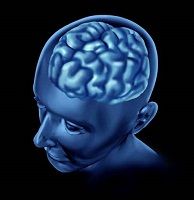
Australian research indicates that ultra-brief pulse stimulation is nearly as effective as standard electroconvulsive therapy (ECT) for the treatment of severe depression, but with substantially fewer cognitive side effects.
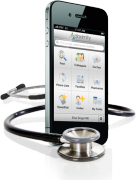
Major depression is debilitating and difficult to treat. While pharmacotherapy, mostly in the form of antidepressants, is typically first-line treatment for most patients suffering from depression, several studies have shown that cognitive-behavior therapy (CBT), either alone or in combination with medication, can be an effective treatment option as well.
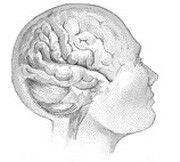
Patients with depression may be more likely to develop Parkinson’s disease, according to findings published in Neurology.





